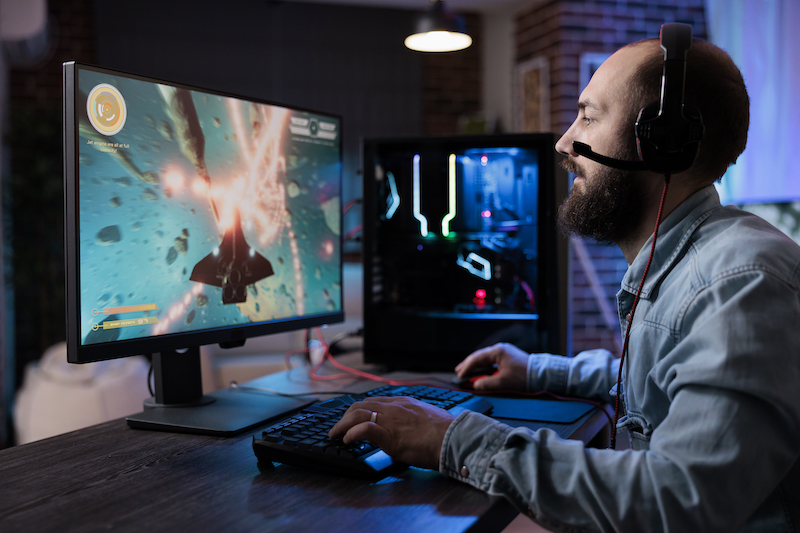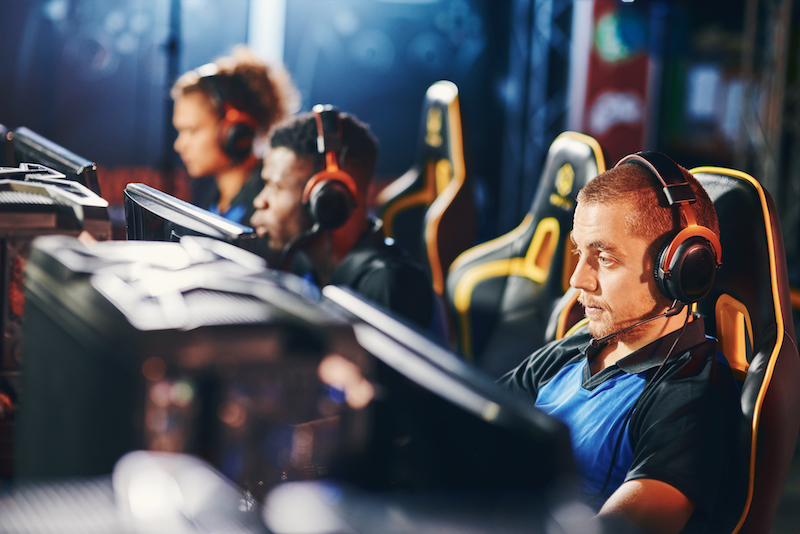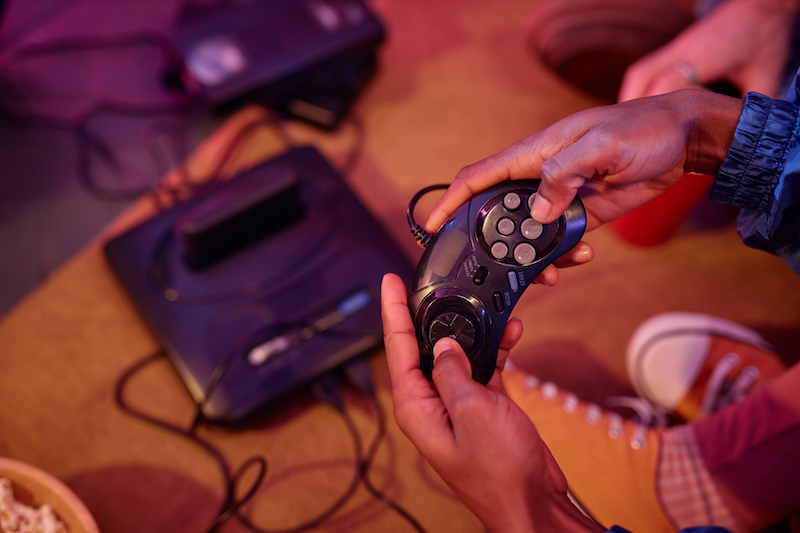
6 October
What makes a great gaming pc?
Selecting the best gaming PC can be a daunting task, especially with the myriad of choices available in the market. Whether you're a seasoned gamer or a newbie just dipping your toes into the expansive world of PC gaming, there are fundamental factors you should consider to ensure you get the best bang for your buck. Here's a guide to help you make an informed decision:
- Purpose and Needs: Before diving into specifications, define your primary purpose. Are you looking for a system to play AAA titles at ultra settings or something more casual? Understanding your gaming needs will determine how much you should invest and which components are crucial.
- Central Processing Unit (CPU): Often referred to as the "brain" of the PC, the CPU's performance plays a pivotal role in gaming. Consider modern quad-core or even octa-core processors, with popular choices being AMD's Ryzen series or Intel's Core series. For gaming, a faster CPU might be more beneficial than having more cores.
- Graphics Processing Unit (GPU): The GPU, arguably the most crucial component for gaming, renders images and manages how the visuals are displayed on the monitor. For high-end gaming, consider top-tier cards like NVIDIA's RTX series or AMD's RX series. However, mid-range cards can also offer a stellar gaming experience at a fraction of the price.
- Random Access Memory (RAM): RAM acts as a temporary storage space for your PC to access data quickly. For gaming, 16GB of RAM is generally recommended, though 8GB might suffice for less intensive titles. Opt for high-quality brands and consider future expansion.
- Storage: Solid State Drives (SSDs) have become increasingly popular due to their fast load times, which can dramatically reduce waiting times in games. While SSDs tend to be pricier than traditional Hard Disk Drives (HDDs), the performance boost often justifies the cost. Ideally, opt for a setup that includes both: an SSD for the operating system and frequently played games, and an HDD for bulk storage.
- Cooling and Overclocking: Gaming can be resource-intensive, generating significant heat. Adequate cooling mechanisms – whether air or liquid – are crucial. If you plan to overclock (push components to perform beyond their default settings), robust cooling becomes even more critical.
- Motherboard: Ensure the motherboard is compatible with the components you select. It should support your CPU's socket, have enough slots for your RAM, and provide room for GPU expansion if necessary. Features like built-in Wi-Fi or RGB lighting can also influence the choice for some users.
- Power Supply Unit (PSU): A good quality PSU is essential to supply steady power and protect components. Ensure it offers sufficient wattage for your components, with some headroom for potential future upgrades.
- Aesthetics and Form Factor: While performance is paramount, many gamers also consider aesthetics. Cases with tempered glass panels, RGB lighting, and sleek designs are in vogue. Moreover, the size of the case (form factor) matters, especially if you have space constraints.
- Expandability: Future-proofing your PC can save money in the long run. Opt for a case and motherboard that offer room for expansion, whether it's adding RAM, storage, or a second GPU.
Conclusion:
While this guide provides a foundation, the best gaming PC ultimately aligns with personal needs and budget. Researching, reading reviews, and perhaps even building a custom PC can ensure you get the best value and performance for your investment. Remember, the PC gaming world evolves rapidly, so staying informed and adaptable is key.


